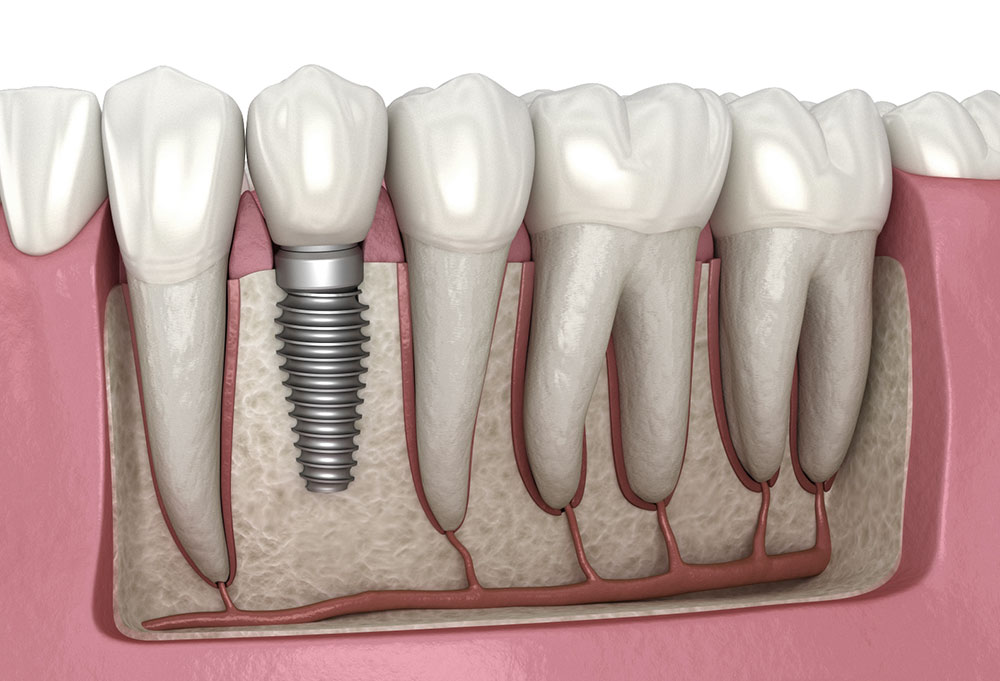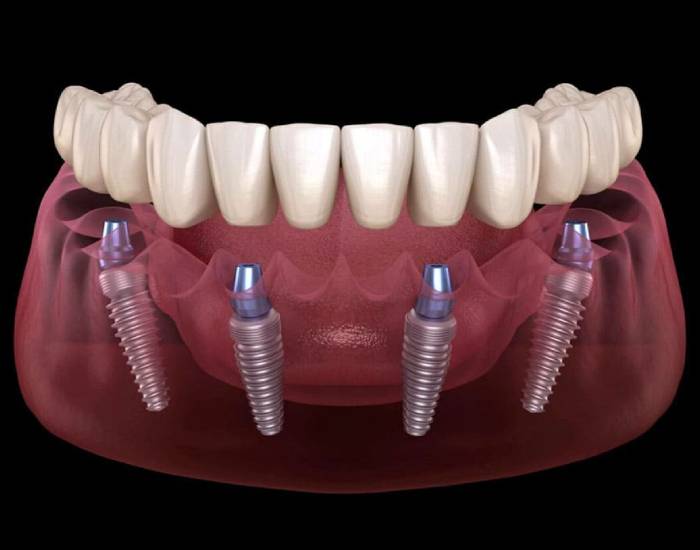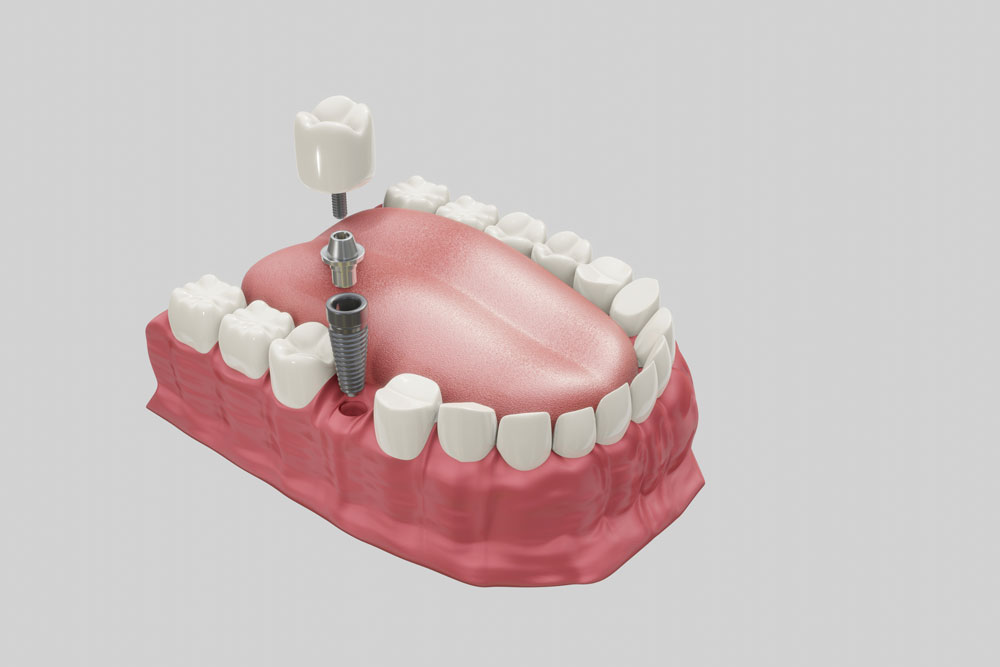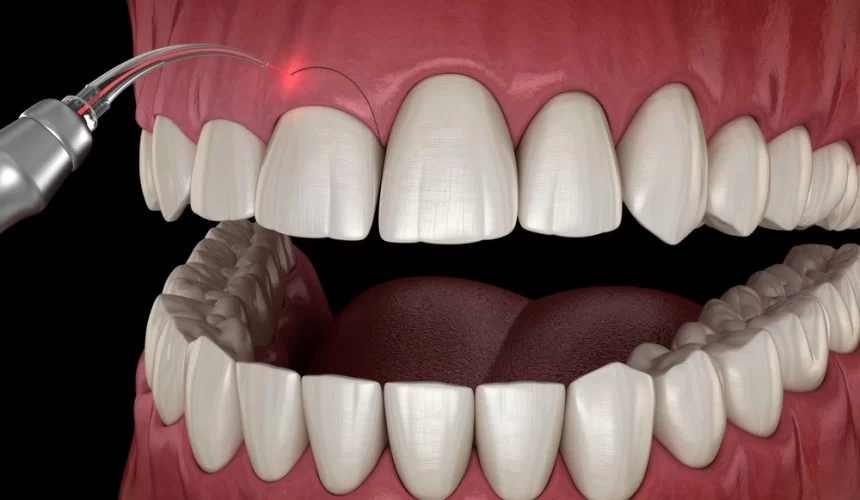Everything You Need to Know About Implants and Diabetes
Dental implants are one of the most reliable and long-term solutions for tooth loss, offering both aesthetic and functional benefits. However, for individuals with systemic conditions like diabetes, it’s natural to have questions or concerns. So, is dental implant treatment safe and effective for diabetic patients?
How Diabetes Affects Oral and Dental Health
Diabetes, a chronic condition that impairs the body’s ability to produce or use insulin, can have widespread effects—including on oral health. Elevated blood sugar levels:
- Weaken the immune system
- Slow down wound healing
- Increase the risk of infection
These complications can lead to gum disease (periodontitis), dry mouth, and even tooth loss—making it even more important for diabetic patients to protect their oral health.
Can Diabetics Receive Dental Implants?
Yes—diabetics can absolutely get dental implants, provided their condition is well-managed. The key factor is blood sugar control. Dentists usually evaluate this using the HbA1c test, which shows average blood glucose levels over the past 2–3 months. A reading below 7% generally indicates that a patient is a good candidate for implant treatment.
What Makes an Implant Treatment Successful for Diabetics?
When diabetes is well-controlled, the success rate of implants is comparable to that of non-diabetic individuals. However, special care must be taken at every stage of the process:
✔️ Detailed Planning
Your dentist will thoroughly assess your general health, blood sugar levels, and oral condition before treatment.
✔️ Strict Sterility
Due to increased infection risks, the procedure must be performed in a completely sterile clinical environment.
✔️ Careful Healing Monitoring
Healing might be slightly slower for diabetics, so following post-op care instructions and medications is crucial.
✔️ Regular Dental Checkups
Frequent checkups help identify any signs of infection or complications in the early stages.
When Is Implant Treatment Not Recommended?
Dental implants are not advised for individuals with uncontrolled diabetes, as they face:
- Slower bone healing
- Higher infection risks
- Lower implant success rates
If blood sugar is persistently high, treatment should be delayed until proper medical control is achieved.
In Conclusion: Implants Are Possible With Proper Management
Having diabetes doesn’t mean giving up on dental implants. With proper blood sugar control, expert dental care, and regular follow-ups, it’s entirely possible to achieve healthy, strong, and aesthetic teeth that last for years.
If you’re diabetic and considering implants, your first step should be a consultation with a dentist experienced in treating patients with systemic conditions. With personalized planning, you can confidently move forward.
Disclaimer:
This content is for informational purposes only and is not a substitute for professional medical advice. Every patient is unique, and only a qualified dentist can determine the best course of treatment. Be sure to consult your physician or dental specialist for a full evaluation before undergoing any dental procedure.











